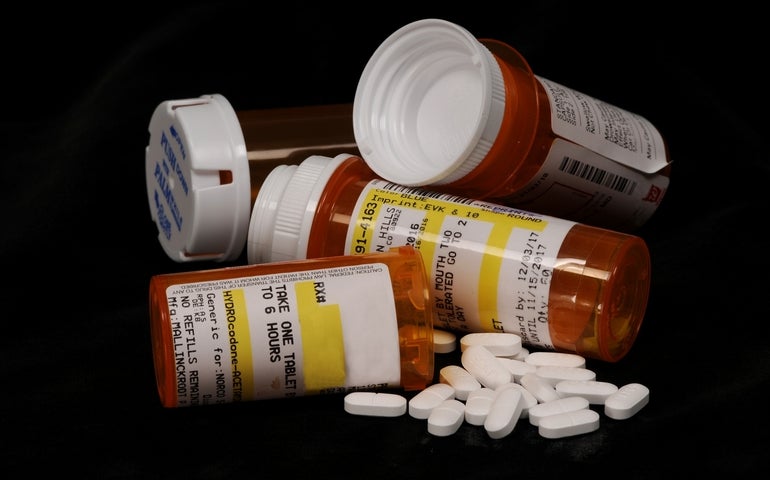For four years running, Massachusetts has had more than 2,000 opioid-related overdose deaths. With the coronavirus pandemic diverting attention elsewhere, the opioid epidemic is still spreading strong, slightly outpacing last year’s total through September, according to state data released Wednesday.
Through the first nine months of the year, the Massachusetts Department of Public Health has recorded 1,517 confirmed and estimated opioid-related overdose deaths, up 33, or 2.2%, from the same period last year.
The state hasn’t broken out geographic details of the overdose deaths, but among notable trends highlighted by the Department of Public Health, nearly three out of four overdose victims this year are men. Naloxone, an overdose antidote also known as Narcan, was used in 96% of acute opioid overdoses during the first six months of 2020.
Fentanyl, a strong prescription opioid, continues to be a factor in a major bulk of opioid deaths.
Fentanyl was found in 93% of opioid deaths in the first half of 2020 in which a toxicology report was available. Heroin, a street-level opioid drug, is found in far fewer overdoses today: just 16% in the first half of this year. Cocaine was found in 46% of deaths.
In a potentially troubling trend, more than 219,000 people received prescriptions for Schedule II opioids, which include codeine and fentanyl, in the third quarter of 2020. Though that’s a sharp drop from early 2015, before the state put prescription limitation programs in place, it’s nearly five times higher than the second quarter of 2020. State officials did not directly address the potential cause for that increase in their new reporting on Wednesday.
Public health officials are working to continue to address opioid overdoses despite the coronavirus pandemic. Providers have expanded Naloxone distribution with more than 75,000 kits given to community health centers, opioid treatment programs, hospital emergency departments and other places from March through September. The Department of Public Health received a two-year, $114-million federal grant in August for prevention, intervention, treatment and recovery initiatives.
Worcester County had 267 opioid deaths in 2019, a slight improvement from a high mark of 283 reached the year before.

